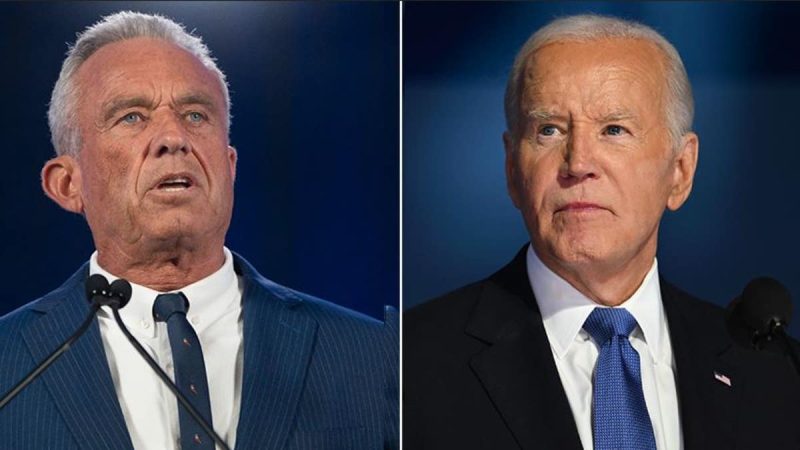In a recent development that has garnered significant attention, a judge has ruled that Robert F. Kennedy Jr. can sue the Biden administration over alleged censorship of a charity that questions vaccines. This ruling has further fueled the ongoing debate surrounding the safety and efficacy of vaccines, as well as the issue of freedom of speech and expression in the current socio-political landscape.
The lawsuit centers around the contention that the Biden administration, through its various agencies and officials, engaged in censorship by pressuring social media platforms to suppress the content of Children’s Health Defense (CHD), an organization founded by Robert F. Kennedy Jr. that is critical of certain vaccines and advocates for informed consent and vaccine safety.
Kennedy and CHD argue that this alleged censorship infringes upon their First Amendment rights to free speech and freedom of expression. They further claim that by targeting their organization and restricting their ability to disseminate information and engage with the public, the government is effectively silencing dissenting voices and impeding critical discourse on important public health issues.
The judge’s decision to allow the lawsuit to proceed is significant, as it sets a precedent for challenging potential government overreach and censorship in the realm of public health discourse. The case raises important questions about the balance between public health imperatives and individual rights, as well as the role of government in regulating information and fostering open debate in a democratic society.
Moreover, the lawsuit highlights the complexities of navigating the digital landscape, where social media platforms wield significant influence over the flow of information and public discourse. The issue of online censorship and content moderation has become increasingly contentious, with many questioning the power and responsibility of tech companies in shaping public opinion and limiting the spread of certain viewpoints.
As the case unfolds, it is likely to reignite conversations about the broader implications of government intervention in public health debates, as well as the need to protect and uphold fundamental rights such as free speech and expression. It also underscores the growing challenges posed by disinformation and misinformation in the digital age, and the importance of fostering a culture of critical thinking and open dialogue to address complex issues such as vaccine safety and public health policy.
In conclusion, the judge’s ruling allowing Robert F. Kennedy Jr. to sue the Biden administration over alleged censorship of Children’s Health Defense sets the stage for a potentially landmark legal battle that could have far-reaching implications for the intersection of public health, free speech, and government regulation. It remains to be seen how this case will unfold and what precedents it may establish in navigating the complex terrain of public discourse and individual rights in an increasingly digital world.

